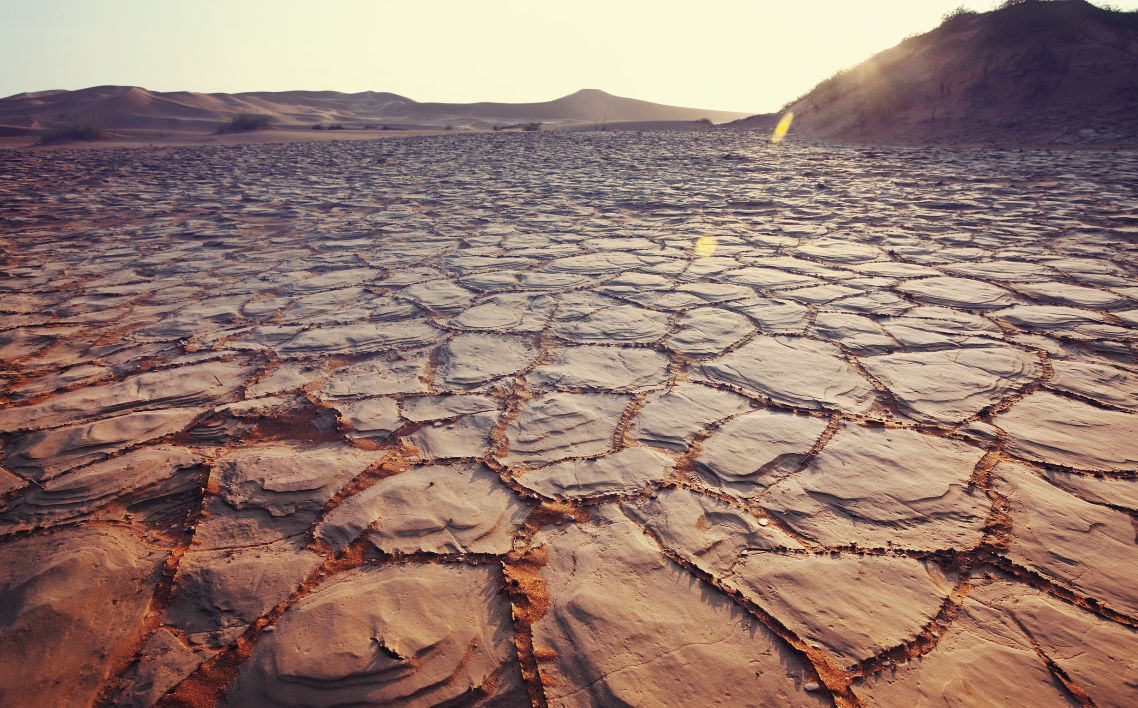The continent needs about $1.6 trillion between 2022 and 2030 to meet its Nationally Determined Contributions, said Kevin Urama, Acting Chief Economist and Vice President of the African Development Bank Group in Cairo. Egypt.
Kevin Urama was speaking on September 7, 2022 in Cairo during a round table organized on the sidelines of the Egypt Forum for International Cooperation which took place (Egypt-ICF 2022) on the theme, “ Role of African countries in determining the climate agenda”. He urged developed countries to fill the “climate finance gap”.
Several senior officials represented the African Development Bank at this forum: Mr. Kevin Kariuki, Vice President in charge of Power, Energy, Climate and Green Growth and Solomon Quaynor, Vice President in charge of the Private Sector , Infrastructure and Industrialization.
“Collectively, African countries received only $18.3 billion in climate finance between 2016 and 2019,” said Kevin Urama. “The result is a climate finance gap of up to $1,288.2 billion per year from 2020 to 2030.”
“These amounts reflect the reality of the crisis. Climate change is seriously affecting Africa, while the continent contributes only 3% of global emissions, the Bank’s chief economist pointed out. The international community must meet its commitment to provide $100 billion to help developing countries and African economies mitigate and adapt to the effects of climate change. Investing in climate change adaptation in the context of sustainable development is the best way to address the impacts of climate change.”
According to Kevin Urama “gas must remain a component of the continent’s plan as part of the gradual transition to clean energy”. He also pointed out that, since the 1850s, some countries have managed to move away from coal and have used gas as a means of transitioning to cleaner energy. He also asserted that Africa has great potential for green investment opportunities that the private sector, including banks, could tap into.
Egypt’s Minister of Environment, Yasmine Fouad, presented Egypt’s National Climate Change Mitigation and Adaptation Alignment Strategy which is based on five key pillars.
“The first pillar focuses on how we can adopt a low greenhouse gas emissions trajectory, which focuses on sectors related to renewable transport, gas, industry and waste,” explained Mrs Fouad. “The second pillar is about adaptation and how best to make communities more resilient. The third and fourth focus on protecting coastal areas and improving the accessibility and availability of water. The last concerns the need to develop more intelligent and integrated concoctions, and this is the stereotype of a climate strategy,” said Yasmine Fouard.
She added: “To fight climate change, we cannot rely solely on the government or on the private sector; rather, focus on integration between government, civil society and the private sector. »
According to Ghada Wally, Executive Director of the United Nations Office on Drugs and Crime and Director General of the United Nations Office at Vienna, “ women and young people are among Africa’s greatest assets ” and he It is important to explore ways to take advantage of this wealth in the context of the continent’s sustainable development.
Nationally Determined Contributions are submitted by countries under the Paris Agreement of the United Nations Framework Convention on Climate Change. They are pledges of climate action that aim to limit global warming to between 1.5 degrees Celsius and 2 degrees Celsius, compared to pre-industrial levels.
About the African Development Bank Group
The African Development Bank Group (AfDB) is Africa’s premier development finance institution. It comprises three distinct entities: the African Development Bank (AfDB), the African Development Fund (ADF) and the Nigeria Trust Fund (NTF). Present on the ground in 37 African countries and with an external office in Japan, the AfDB contributes to the economic development and social progress of its 54 regional member states.




















Réagissez à cet article